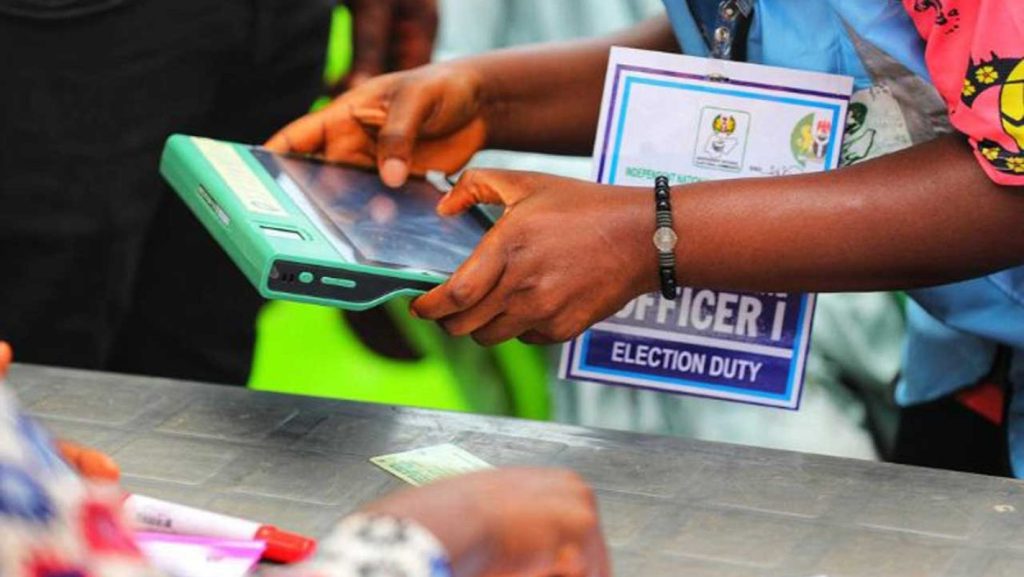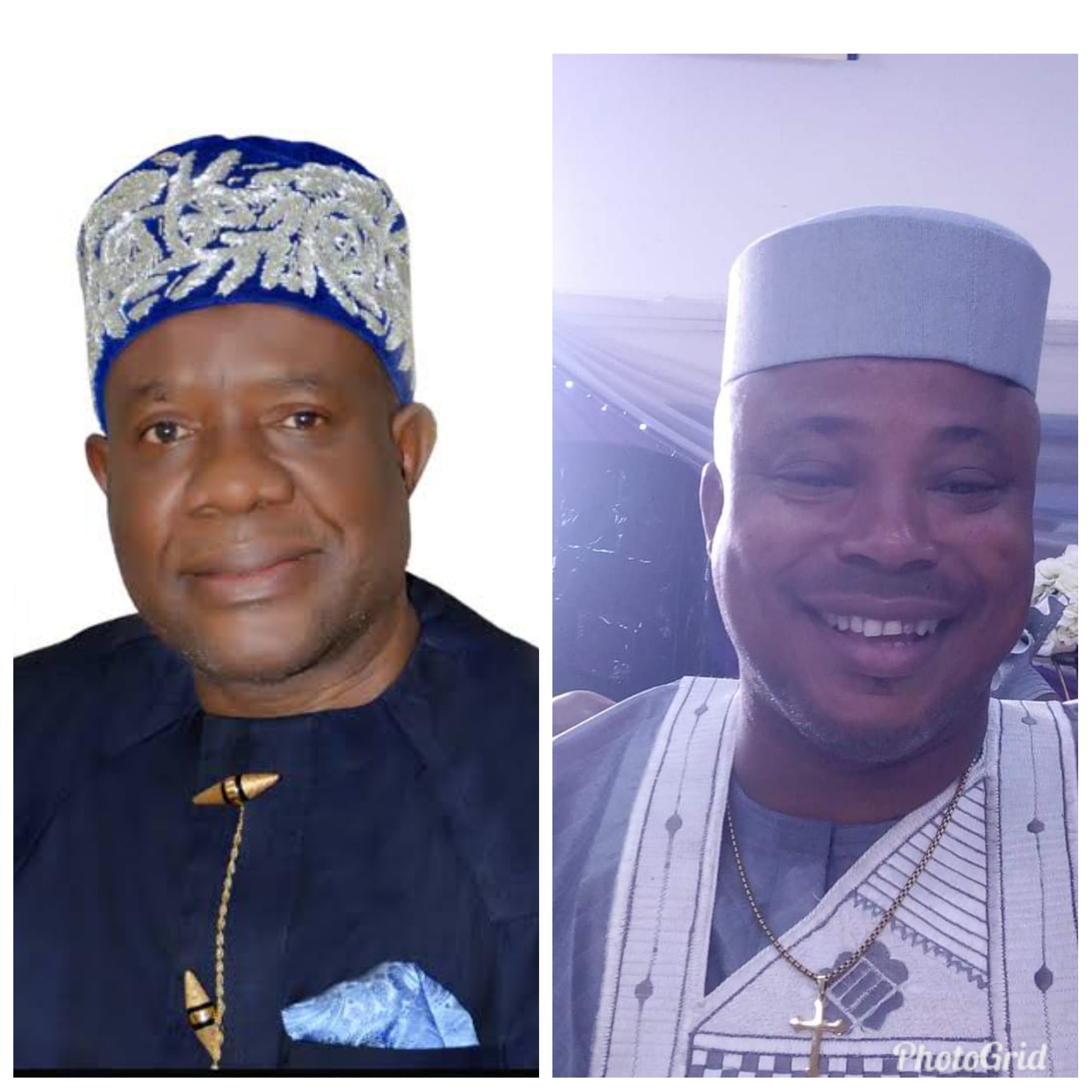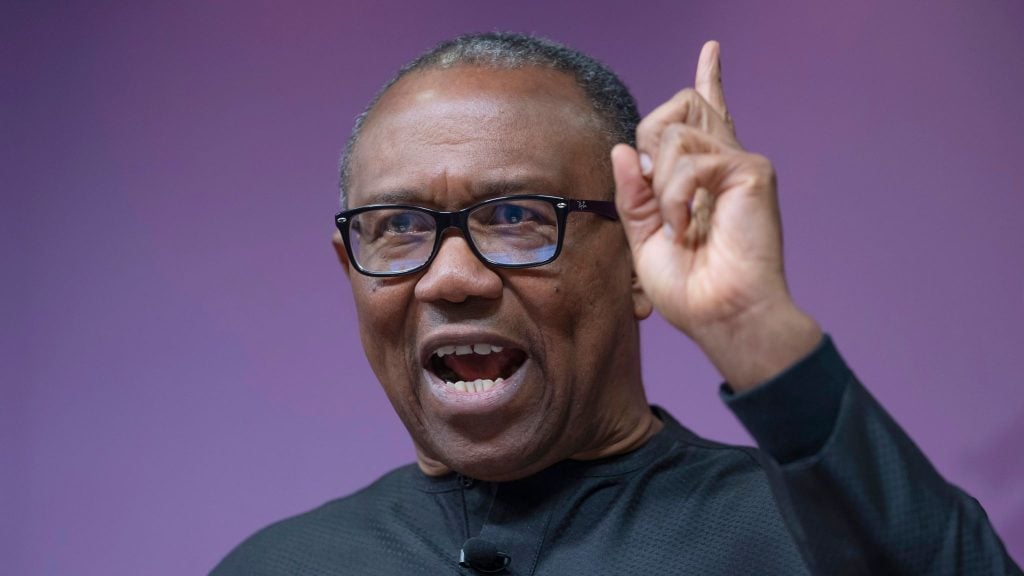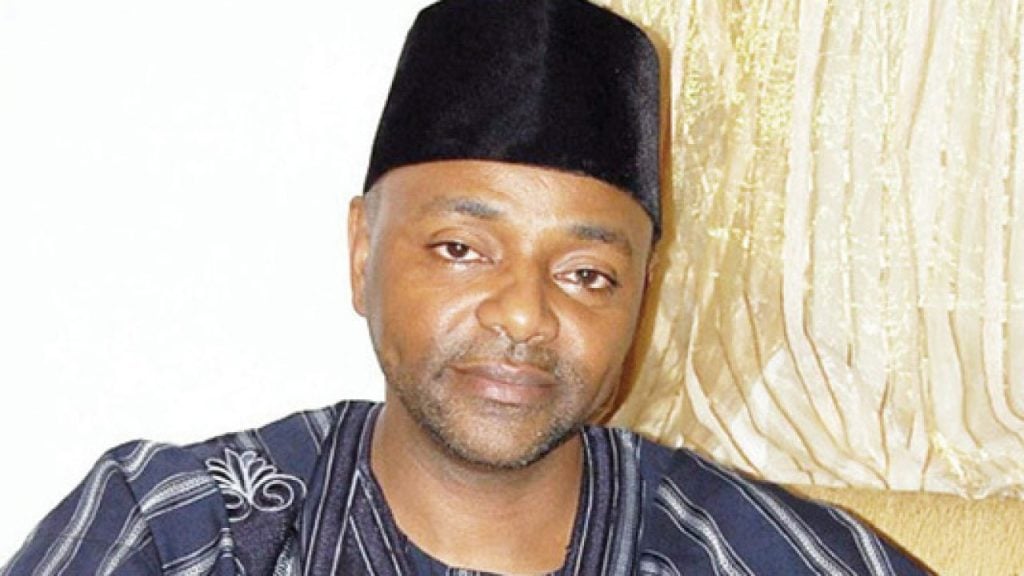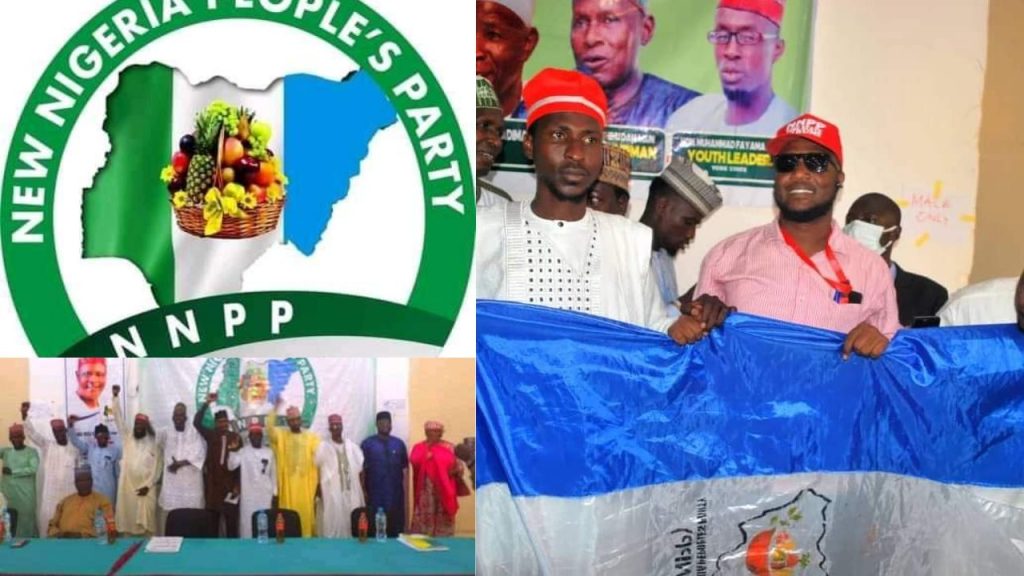The 2023 general elections have come and gone but the controversies that came with it will linger for months, if not years.
It would be recalled that about one year to the elections, President Muhammadu Buhari signed the new electoral bill into law. Nigerians were jubilant as they saw it as the beginning of the electoral reform they have all been clamouring for.
Nigerians were happy because President Buhari had on different occasions refused to assent to the bill for reasons best known to him.
With the new Electoral Act, the citizens increased their hope in the nation’s electoral system.
It was their thoughts that the days of rigging and manipulations would be over. People held the belief that their votes would count and the incumbents would no longer be able to subvert the wishes of the masses.
With the outcome of the Osun governorship election in which the incumbent government of the then Gboyega Oyetola of the All Progressives Congress (APC) was sent out of the government house, the electorates rekindled their trust in the Independent National Electoral Commission (INEC), expecting a free, fair and credible election in 2023.
When the just-concluded general elections were approaching, INEC did not spare anything in reassuring Nigerians that their votes would count.
The commission, for months, motivated Nigerians and stated unequivocally that the new electoral law, which permitted the use of technology, has given INEC the powers it needed to conduct a credible election.
The commission placed so much emphasis on the use of the Bimodal Voters Accreditation System (BVAS) and the immediate transmission of results from the polling units on the election days.
Politicians, as well as other Nigerians who were skeptical about the capacity of INEC to make good use of the technological innovations, raised a lot of questions. Some did not have confidence in the fact that the BVAS machine would work in villages where there is no telecommunication network.
But the INEC Chairman, Mahmood Yakubu and the commission’s National Commissioner and Chairman of Information and Voter Education Committee, Festus Okoye were everywhere, emphatic, telling Nigerians that BVAS would be the only means of accreditation and that results would be uploaded to the INEC Result Viewing (IREV) portal right from the polling units.
We are committed to a free and fair process. I want to assure you that INEC is not a political party, the commission had said.
At a meeting with the Commonwealth Election Observation Mission to Nigeria led by a former South African President, Mr Thabo Mbeki, in Abuja, a few days to the presidential election, Yakubu said: “We don’t have a candidate in the election. The choice of who becomes what during the general election is entirely the choice of the Nigerian people”.
We are committed to free, fair, credible, inclusive elections and verifiable elections.
Elections in Nigeria are huge. We understand the magnitude of the responsibility placed on our shoulders and we also understand that a credible election is a pillar on which good governance rests.
I want to assure you that we will never let Nigerians down and we will not let the international community down.
Also, at one of the commission’s quarterly meetings with political parties, the INEC boss reiterated that, “there is no going back on the deployment of the Bimodal Voter Accreditation System (BVAS) for voter accreditation. There is no going back on the transmission of results to the INEC Result Viewing Portal (IReV) in real-time on election day”.
There will be no Incident Form that enables ineligible persons to vote using other people’s Permanent Voters Cards (PVCs) during elections. We are committed to ensuring that the 2023 General Election is transparent and credible, reflecting the will of the Nigerian people.
However, many Nigerians were disappointed in the commission with what they witnessed during the February 25 and March 18 polls, as well during the supplementary elections held on April 15.
On February 25 when the presidential election was held, Nigerians went out with high expectations to elect a new president, but many lamented that the INEC failed to meet up with what it promised the masses. It was the same scenario on March 18 when the people elected their governors.
Aside from the delay in the arrival of INEC ad hoc staff in many polling units, the various elections were marred by violence, snatching and/or burning of BVAS machines, as well as ballot boxes and papers. There are videos of people, even INEC officials, violently attacked. In Ogun State, an INEC ad hoc staff was reportedly killed by political hoodlums around Ogijo in Sagamu Local Government.
But aside from these pockets of violence in various polling units across the nation, there was a last straw that broke the camel’s back. Despite months of assurances and promises, the BVAS failed. The new technology failed in terms of accreditation and uploading of results.
It was highly mystifying that cases of over-voting were still recorded in the 2023 general elections, despite the use of the much-hyped BVAS machine.
Likewise, Nigerians became very agitated because the electronic transmission of results promised by the electoral umpire did not take place as planned. Days after the presidential election, results were still being uploaded by the commission, casting doubts on the credibility of INEC, its staff and the results.
As of the time of filing this report, results from 167,443 polling units were uploaded out of the 176,846 polling units in Nigeria. It could not be ascertained whether the results from the remaining 9,403 units were canceled or the commission is still waiting for a good time to get them uploaded.
After the presidential election, a group, under the auspices of YesWeFit Revolutionary Movement, berated INEC, asking it to apologize to Nigerians for not uploading the results.
Also, former President Olusegun asked that results from polling units where the BVAS was not used be nullified.
Whereas, BVAS and Servers have been manipulated or rendered inactive, such results must be declared void and inadmissible for election declaration, Obasanjo told Presidential Muhammadu Buhari and the Chairman of INEC, Yakubu, in an open letter.
Though the commission did not yield to Obasanjo’s advice, it assured Nigerians that there would be improvements in the governorship and state assembly polls. But, Nigerians said there was nothing different between the first and the second elections.
Incredibly, the supplementary elections, which were held on April 15 came with what many called the height of all the disappointments witnessed in the general elections so far.
The Adamawa Resident Electoral Commissioner, Ari Hudu, appeared to have acted in a manner contrary to the laws guiding the conduct of an election and the declaration of results.
After the supplementary governorship election held on Saturday in Adamawa, results were still expected in 10 of the 20 local government areas, but the REC went ahead to declare a winner, usurping the powers of the Returning Officer, Professor Mohammed Mele.
It was even more troubling as he declared the winner without any result, under the protection of the commissioner of police.
The Returning Officer had earlier adjourned the collation till 11 am on Sunday. But, in a bizarre manner, the REC announced the APC candidate, Senator Aisha Dahiru Binani, as the winner of the governorship election without reading out the figures.
The development has since continued to attract wild condemnations from Nigerians on social media, with many, including the Peoples Democratic Party, PDP, calling for the REC’s immediate arrest.
Meanwhile, in what appears to be a move to redeem its image, INEC, a few minutes later, denounced the purported declaration of Senator Aisha Dahiru as the winner of the election.
The electoral body said the action of the REC amounts to usurpation of the power of the Returning Officer, insisting it is null, void and of no effect.
The announcement issued by Barr Festus Okoye, the National Commissioner, Information & Voter Education, directed the REC to report to the Commission’s Headquarters in Abuja with immediate effect.
The statement read: “The attention of the Commission has been drawn to a purported declaration of winner in the Adamawa Governorship election by the Resident Electoral Commissioner (REC) even when the process has clearly not been concluded”.
The action of the REC is a usurpation of the power of the Returning Officer. It is null, void and of no effect.
Consequently, the collation of results of the supplementary election is hereby suspended.
The REC, Returning Officer and all involved are hereby invited to the Commission’s Headquarters in Abuja immediately. Detailed statement to follow shortly.
Investigation revealed that across the 36 States and the Federal Capital Territory, litigants have flooded election petition tribunals, alleging one irregularity or the other.
Apart from the presidential election where opposition parties accused the INEC of deliberately shutting down the IREV to avoid transmission of polling unit results real time, several other results are also being contested across the country.
Attention has now shifted to the judiciary which will take final decisions for the various elective positions. Whatever the judges say is final.
(CDA NEWS)
Follow us for breaking News, Read, Like, and Share our content

